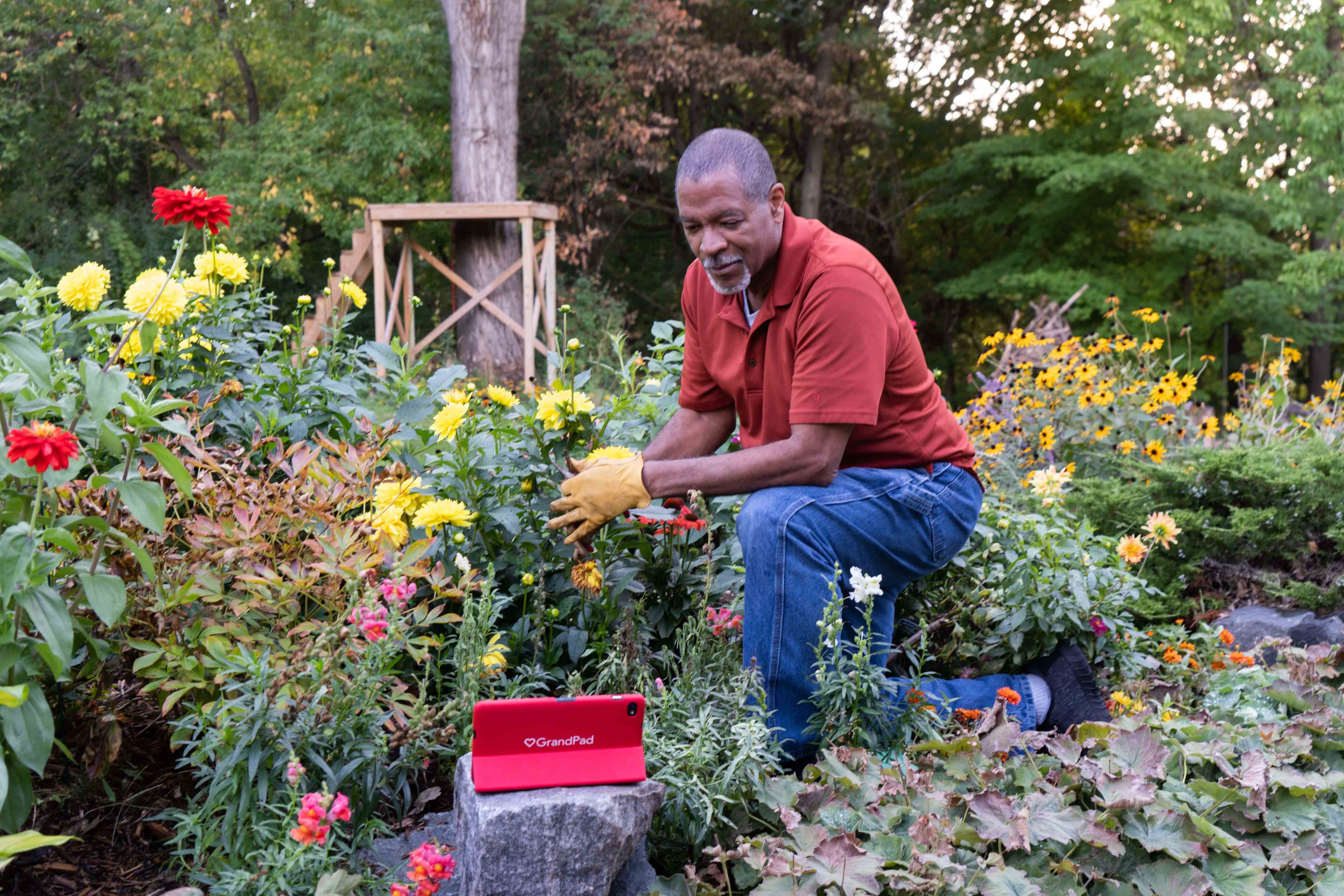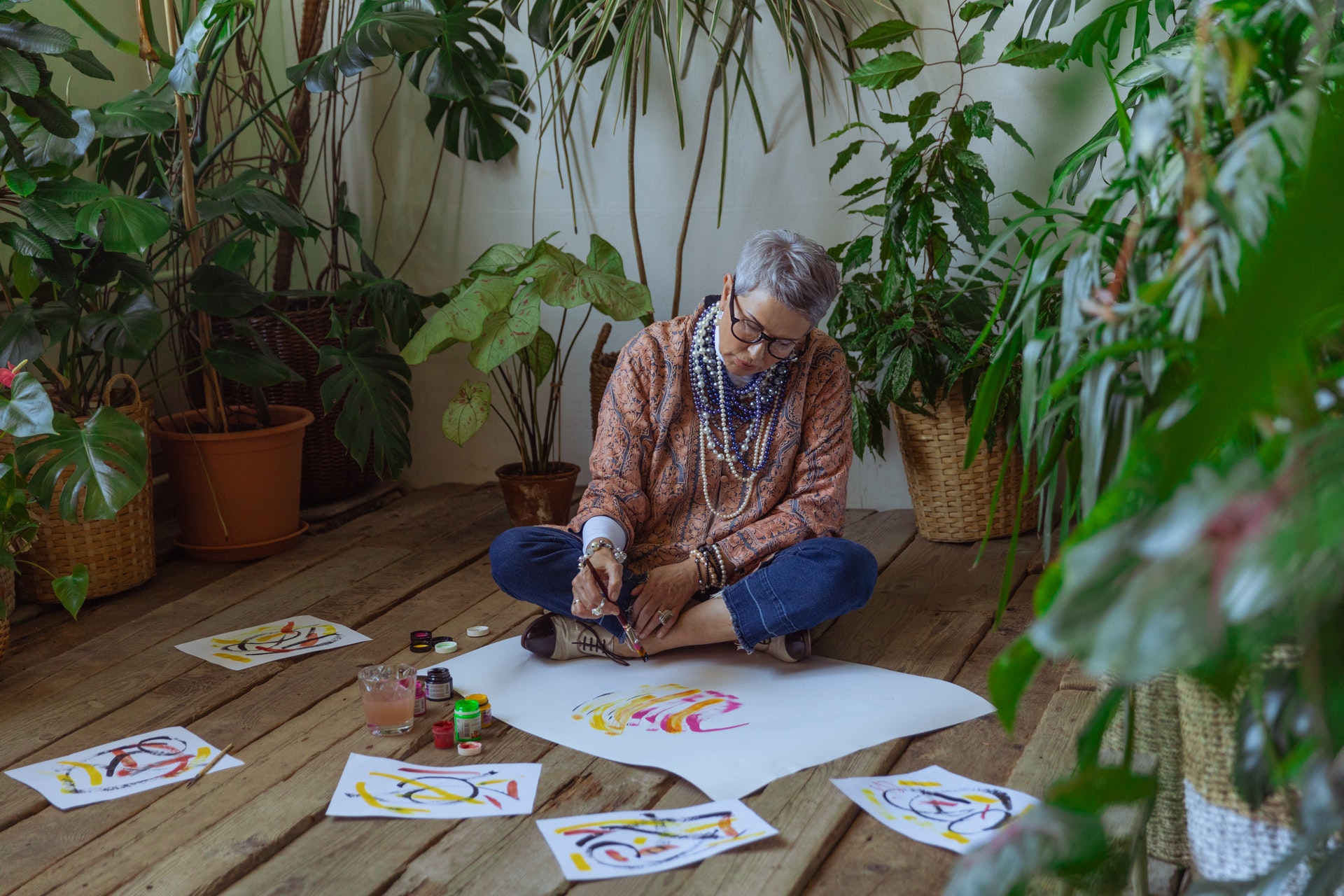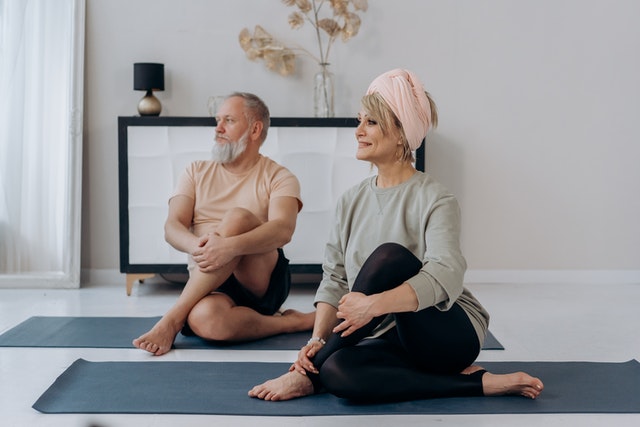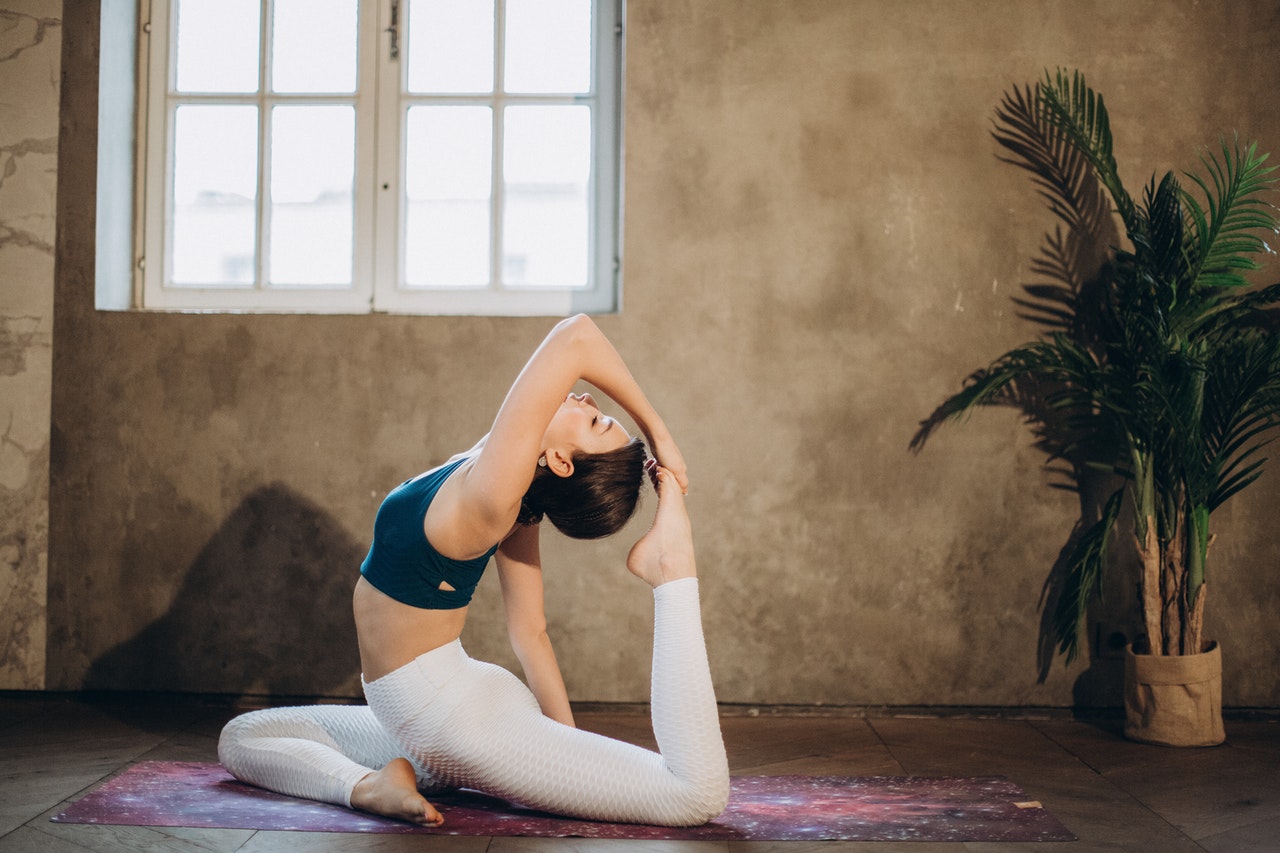Maintaining occupied and active is important, especially for older adults at higher risk for loneliness and boredom. This age group often has time on hand to use however they would like to. A fun and great way to use this time are to find and do activities that you love, whether that is reading or bicycling.
However, not all hobbies are suitable for all ages. We have to think about fall risk, speed, mobility, etc. That’s why we researched the best hobbies for seniors. We looked for a group of specialists who provided us with a list of excellent tips for seniors. It has various fantastic activities such as trivia, bingo, and cycling, and its benefits—all perfect for the seniors in your circle.
These activities are not only fun but also provide some health benefits, either physically or mentally, or both! So, making it suited for healthy aging.
Read on to learn more about the tips and hobbies from some specialists!
What are the best games that improve or exercise the memory of those with Dementia or Alzheimer’s?
Using the brain strengthens and creates nerve connections, and these connections support memory processes. Most games are fun because they require players to use their brains in one way or another.
There are countless trivia games available, both from a box and online. These rely on, and thereby strengthen, the processes of retrieving older memories (long-term memory).
Concentration, or memory games that require one to remember the position of pictures once the pictures are no longer visible, require short-term memory.
Games that awaken reminiscences help to keep open neural pathways to those memories and even create new ones. Such games might include some that are familiar, like Checkers, Monopoly, Scrabble, and invoke memories because they are familiar. Others might use cues, photographs, quotes, etc., to initiate conversations about the past.
– John, Best Alzheimer’s Products

What are the limitations and benefits of riding an electric bicycle as an older adult?
“Let’s address the benefits first. There are numerous. Riding an e-bike is an exercise that is considered an aerobic sport. Such exercise helps to improve cardiovascular health (heart, lungs, and blood flow). Because of this, e-bike riding can help prevent conditions like heart disease, type II diabetes, cancer, and more.
Thanks to electric assistance, riding an e-bike helps older adults slowly build up strength, endurance, and range of motion, which could be challenging with traditional cycling or other sports. There are research studies that show that riding an e-bike can improve cognitive function and overall mental health.
Older age brings its limitations, such as less accurate vision, reduced muscle strength, and somewhat declining cognition, which may lead to, for example, not-so-accurate road judgment. Even in such cases, electric bikes are a much safer option, especially when selecting step-through frame or electric tricycle variations.
Ultimately, e-bikes are a low-impact exercise option and are widely recommended for anyone dealing with any physical barrier, whether age-related or not.”
– Igor, Easy E-Biking
Why is bingo an excellent hobby for seniors?
Playing bingo has many social benefits for seniors. During the past couple of years, Covid has shown the world how important socialization and a feeling of connection is. The game of bingo brings together the elements of fun and socialization, especially for seniors.
Being social improves your mental well-being by reducing signs of depression, anxiety, and stress. Seniors who regularly join social activities tend to have fewer health complications and feel a better sense of self-worth. Forming part of a regular bingo group allows seniors to stay active while also being given the opportunity to make new friends.
– TJ, YEG Fitness
Why Is It Important to Have a Hobby, Particularly after Retirement?
It can be easy to fall into a sedentary lifestyle when we retire. This is why it is important to have a hobby, particularly after retirement. The National Institute of Aging says older adults can have several health benefits by engaging in fun activities or hobbies. When people get into a stimulating activity, such as gardening, painting, or playing an instrument, it can help improve their memory and brain connectivity. It improves their cognitive abilities.
Besides, a hobby can provide an opportunity to socialize and make new friends who share similar interests! It keeps feelings of isolation and loneliness at bay. They also work as stress relievers and help stave off depression and anxiety, which is a common issue among seniors after they retire.
So, if you’re looking for ways to improve your health and well-being after retirement, consider picking up a new hobby. It just might be the best decision you ever make!
– Ashley, BoomersHub
What are the most common activities people do after retirement and how do they affect their finances?
Many retirees incorrectly think they will have so much free time they can do everything they always wanted. They soon learn the need to pick a few things to concentrate on or nothing will get done. Commonly they will get back into a hobby they let go of during their career. Turns out, that when you get deep into a hobby, it can get expensive.
You start playing music again and want a new instrument as your skills advance. Your new woodworking projects require tools you don’t have so you go shopping. Hiking calls for a GPS unit, new clothes, shoes, and poles to make it more fun. Those old golf clubs and shoes need to be updated. Hobbies require a lot of time and a lot of money.
These unexpected expenses can do a number on your budget! Leave room in the budget for those expenses you haven’t thought of that will come to light when you have the time to explore new things in retirement. You have never experienced being retired so you really don’t know what you will do with the extra 40-60 hours a week of newfound freedom and you certainly don’t know what it might cost.
– Cory, Financial Success M.D.
What should you know when starting a family garden for older adults?
Gardening offers many benefits for older adults, and it can be a healthy, fun family activity, as well. When planning a family garden with a parent or grandparent, find ways for everyone to participate, whether they live nearby or across the country.
First, decide what type of garden will be most enjoyable and realistic to maintain. Don’t forget to accommodate for physical capabilities when planning your garden. For example, a raised garden bed, deck planters, or window boxes may be easier for some elderly adults to tend than a traditional garden bed. Next, ask family members to volunteer to help plant the garden and take turns helping with weeding, watering, and harvesting. On hot summer days, be sure to take extra precautions to protect loved ones from the heat and sun. Then, share the joy and pride that comes with gardening by sending photos and videos to family and friends who may be far away.
Be sure to track growth and progress over the season, and don’t forget to show the end result, whether it’s a beautiful bouquet, a homemade pie, or a hearty garden salad.
– Julie, GrandPad

Photo credit: GrandPad
Why is it beneficial for seniors to complement golf with more high-impact exercises?
Golf is a notoriously difficult sport to master. It requires a great deal of coordination, strength, and stamina. For seniors, golf can be an excellent way to stay active and improve their overall health. However, it is important to complement golf with other exercises that are more high-impact in order to maintain bone density and muscle mass. As we age, our bodies change and we may not be able to swing a golf club as we once did. This is where complementary exercises come in.
Seniors who only play golf may find that they gradually lose bone density and muscle mass. This can lead to a greater risk of injuries and a decline in overall health. However, by complementing golf with more high-impact exercises, seniors can help to maintain their bone density and muscle mass. This, in turn, can help to improve their balance, coordination, and stamina, all of which are important for playing golf.
In addition, seniors who complement golf with high-impact exercises are less likely to experience the joint pain that is often associated with the game. By keeping their bodies strong and healthy, they can continue to enjoy golf for many years to come.
There are a variety of high-impact exercises that seniors can do in order to complement their golf game. These include things like running, jumping, and lifting weights. By doing these exercises on a regular basis, seniors can help to improve their overall health and golf game.
– Daisy, Golf Hub
How can you stay fit and active in your older adult years?
The single, best, and quickest way is to practice simple squats just using your own body weight, at home.
Doing this for 5 minutes per day, in say 3 sets of 12, will give you extra energy, confidence, strength, and emotional wellness.
You will also find you have less need for medicine, and probably won’t need to see your doctor as often. Find out more in our book and start getting well, today!
– Raj, Keep Fit Kingdom.com
Why is painting as a hobby beneficial to the health of seniors?
Did you know world-renowned American artist Georgia O’Keeffe continued to paint until she was 96 years old? Painting is a fun, accessible, and healthy hobby which can be enjoyed at any age. In fact, painting into your senior years actually has a proven impact on brain health, firing up the same important cognitive sensors as math, science, and even speaking another language. Some of the most well-researched secrets to a healthy and long life include engaging in cognitively challenging activities, reducing stress, and continually learning.
Creating art of any kind, particularly painting, helps with all of these health-promoting endeavors through its use of motor, attention, and cognitive skills. Painting is also a fantastic way to maintain memory function and reduce the impact of any chronic diseases, helping seniors delay the onset of, and minimize symptoms. Painting is one of the most accessible hobbies for seniors, with most being able to take part despite any mobility challenges. Additionally, seniors with communication difficulties can use painting as a way to express themselves.
– Chelsey, Audicus
How can hobbies help seniors’ empowerment?
If we want to provide meaningful help to seniors, we need to support and show up for them where it matters most. Yes, nutrition, rest, access to healthcare, and help around the house, all these things are important, but many seniors often crave the independence they may have lost along the way. Hobbies can help them get some of their independence back.
We often take hobbies for granted but in reality, hobbies often give people a sense of purpose and present them with growth opportunities. There is nothing frivolous about the things that give us joy because they have a real and direct impact on our wellbeing. True empowerment translates into better mental and physical health because it helps restore seniors’ mental and emotional vitality.
Many seniors are not likely to embrace change because they are used to their regular routine, but hobbies are a healthy way to break that mold, as well as a healthy mechanism to cope with stress. Both active and passive hobbies can absolutely empower seniors and inspire them to discover and pursue new challenges in their daily lives.
On top of that, there are so many hobbies that can help keep the brain spry and boost brain function. Think puzzles, crossword puzzles, Sudoku, cards, board games etc. All these are accessible even to seniors with mobility issues.
What are the best brain games for older adults?
Getting enough exercise is important for all of us, at any age. But have you ever thought about how much exercise you’re giving your brain?
Stimulating and exercising the mind gets even more important as we get older to prevent memory loss, improve mental health, enhance hand-eye coordination, and more.
Here are our top 3 recommendations for brain games for older adults:
1. Sudoku
Sudoku (sue-doh-koo) is an excellent free-brain game for seniors that can be played just about anywhere, at any time. Sudoku can improve cognitive skills, and your memory, and help the mind be more sprightly.
2. Mahjong
Mahjong is a centuries-old Chinese tile-based game that has become popular worldwide. It’s generally a four-player game, which means it’s an excellent social game for older adults wanting to keep their minds active, stimulate their brains, and get their friends and family involved!
3. Board games
Board games are another great social activity for groups, which are also excellent problem-solving brain exercises. From word games like Scrabble to Monopoly, Trivial Pursuit, Cluedo, and more, there is a board game to suit any interest or skill level.
– Ruth, Care for Family
Which exercise can help seniors prevent memory loss?
MemTrax is a memory test that challenges your short-term memory by looking at beautiful pictures from all around the world and seeing how quickly you can remember them. Learning how memory changes over time can give you valuable insight into your brain health and help you recognize cognitive changes as you age.
– Curtis, Memtrax
Maintaining a hobby helps reduce stress and depression, which is especially important for the elderly. Whether you are looking for a hobby to do with your grandparents or want to find new ways to keep them occupied, feel free to try out any of the activities provided in this article. Not every activity may be suited for all; that’s why you should be mindful of your capabilities. If one activity turns out to be unsuitable or just not as fun, you can always try one of the other many hobbies.
Stay tuned for more hobbies as this Q&A is developing.





